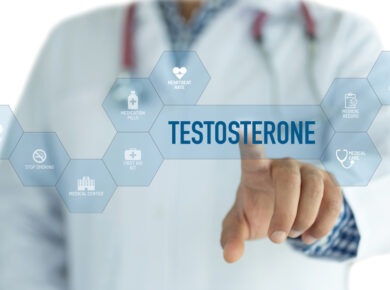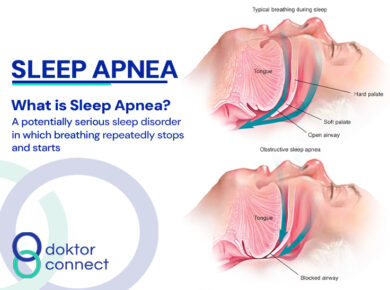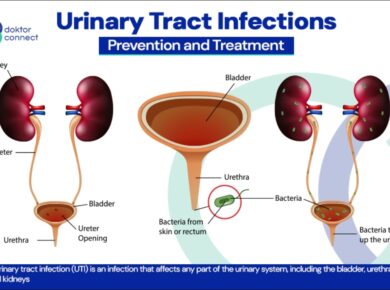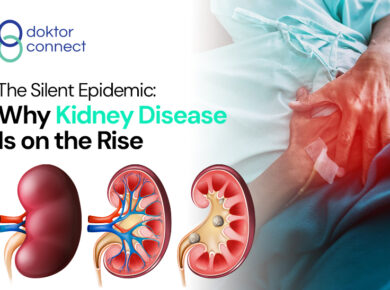Why Erectile Dysfunction Deserves More Attention
Erectile dysfunction (ED) is often treated as a taboo subject but it shouldn’t be. Affecting millions of men worldwide, ED is not just about performance in the bedroom; it’s a window into overall health. In many cases, ED is one of the first signs of cardiovascular disease, diabetes, or hormone imbalance. Ignoring it means ignoring potential red flags in your body
What is Erectile Dysfunction?
Erectile dysfunction is the inability to achieve or maintain an erection firm enough for sexual activity. It can be occasional (linked to stress or fatigue) or chronic (lasting weeks to months)
Causes of Erectile Dysfunction
ED is rarely caused by just one issue. It’s often a mix of physical, hormonal, and psychological factors:
- Vascular causes (poor blood flow due to hypertension, atherosclerosis, diabetes)
- Hormonal imbalance (low testosterone, thyroid problems)
- Neurological conditions (spinal injuries, nerve damage, multiple sclerosis)
- Lifestyle factors (smoking, excessive alcohol, obesity, inactivity)
- Medications (antidepressants, blood pressure drugs, prostate treatments)
- Psychological factors (stress, anxiety, depression, relationship challenges)
Signs and Symptoms of ED
✅ Trouble getting an erection
✅ Difficulty keeping an erection during sex
✅ Reduced sexual desire or libido
✅ Anxiety about sexual performance
✅ Strain in relationships due to sexual difficulties
Why Sexual Health Matters
Sexual health is more than intimacy. It’s tied to mental well-being, confidence, cardiovascular health, and hormone balance. Erectile issues can often point to silent cardiovascular disease (since small penile arteries show damage earlier than heart arteries)
How is Erectile Dysfunction Diagnosed?
Doctors may use:
-
Medical history & physical exam
-
Blood tests (testosterone, blood sugar, cholesterol)
-
Urine tests (to rule out diabetes or kidney issues)
-
Ultrasound (to check penile blood flow)
-
Psychological evaluation (if stress, depression, or anxiety are suspected)
Treatment and Management of ED
💪 Lifestyle Changes (First Line of Defense)
-
Quit smoking, limit alcohol
-
Exercise regularly (improves circulation and testosterone)
-
Eat a heart-healthy diet rich in whole foods
-
Manage stress through mindfulness, therapy, or meditation
💊 Medications (to be prescribed by a medical doctor)
-
PDE5 inhibitors improve blood flow
-
Hormone replacement if testosterone is low
🩺 Medical Devices & Procedures
-
Vacuum erection devices
-
Penile injections or implants (for severe cases)
🌿 Natural Support (adjunct, not replacement after consulting with a medical doctor)
-
L-arginine and citrulline: Amino acids that improve blood flow
-
Panax ginseng: Shown to support erectile function in some studies
-
Zinc and Vitamin D: Essential for testosterone production
🧠 Address the Mind-Body Connection
-
Therapy for performance anxiety, depression, or relationship issues
-
Open communication with partners to reduce stress around intimacy
When to See a Doctor
You should seek medical help if:
-
ED persists for more than a few weeks
-
You have diabetes, heart disease, or high blood pressure
-
You experience loss of sexual desire, fatigue, or other hormonal symptoms
-
You have painful erections or deformities
Final Thoughts
Erectile dysfunction is not just a sexual health issue. It’s a whole-body health signal. Addressing ED early doesn’t just improve intimacy; it could save your heart, balance your hormones, and restore your confidence
Don’t ignore the signs. Your body is talking to you!






